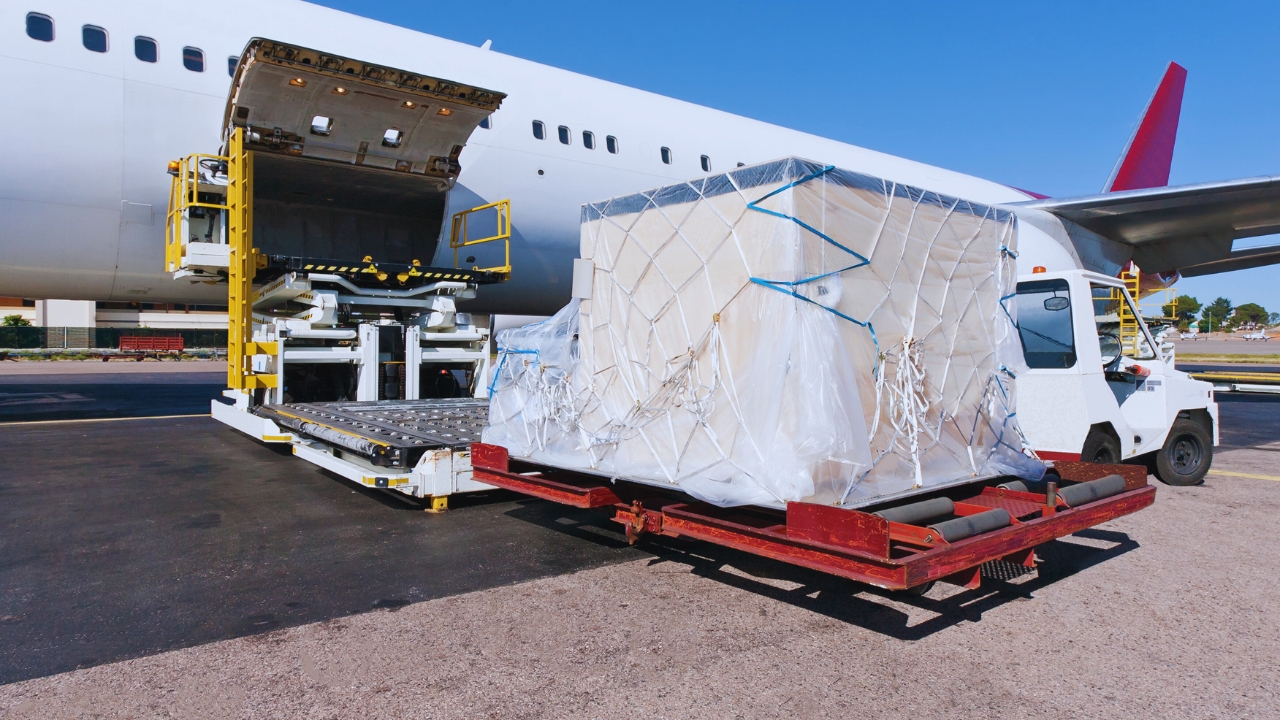Apple recently chartered cargo flights to transport 600 tons of iPhones—about 1.5 million units—from India to the US to avoid higher tariffs imposed by the Trump administration. The company increased production in India as a strategic move to counter the 125% tariff on Chinese imports. In contrast, India faces only a 26 percent tariff, which Trump temporarily suspended for 90 days.
To speed up delivery, Apple lobbied Indian airport authorities to reduce customs clearance time at Chennai airport from 30 hours to just six. Six cargo jets carrying 100 tonnes have flown to the US since March, with one departing just as the new tariffs took effect.
Apple’s manufacturing shift is part of its broader efforts to diversify production outside the chain. Foxconn the Apple’s main supplier, has been ramping up production in India by having its Chennai factory now working on Sundays in order to satisfy demands. This plant, which manufactured 20 million iPhones this year, is now increasing production by 20%, thanks to the addition of employees.
Inspired by Apple’s China operations, the fast-track customs process in India took eight months to implement with the support of the Indian government. The shift has resulted in a significant increase in exports, with Foxconn’s shipments to the US reaching $770 million in January and $643 million in February, landing primarily in Chicago, Los Angeles, New York, and San Francisco.
In the process of expanding its operations, Apple is growing the size of its Indian operations; the nation is playing a significant part in the global supply chain. This helps Apple to reduce the risks of geopolitics and ensure prices that are competitive within the US market.

